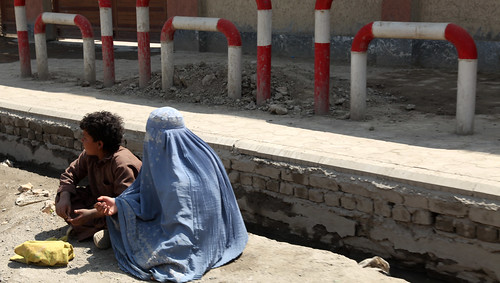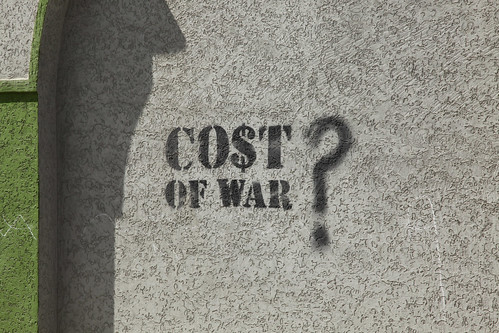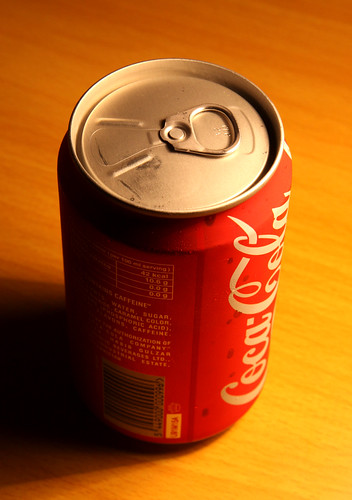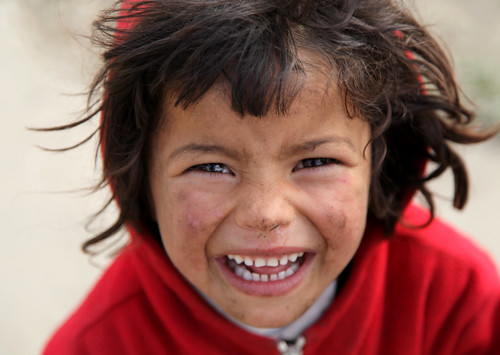USA TODAY
By Vicki Michaelis
28/04/2010
Hamid Hassan's father did not want him to waste time on cricket when he was a boy, playing it with a tennis ball on the streets of his Afghanistan neighborhood. He once locked Hassan in a room to keep him from the game that seemed only to be child's play, an unworthy distraction from schoolwork.
In the coming days, all of Afghanistan is sure to be riveted as Hassan and his teammates compete in the ICC World Twenty20 tournament, cricket's World Cup. Among those who will watch the Afghan senior team play live on global television for the first time is Hassan's father.
"He called me this morning," Hassan, a 22-year-old bowler, said in a phone interview earlier this month from a training camp in the United Arab Emirates. "He said, 'How are you my son?' I said, 'I'm OK, Dad, just busy in cricket all the time.' He said, 'Good luck in the World Cup, and keep doing well.' "
Afghanistan, a country with just one primitive cricket ground, in Kabul, shocked the cricket world by qualifying for the Twenty20, being held in St. Lucia. With players who learned the game in refugee camps in Pakistan or on dusty streets back home, the team has risen in two years from 29th in the world to make the 12-team field at the Twenty20.
"Given the resources they've got, the conditions they are going through back home for the last 30 years, I would say it's a huge achievement for them," said Kabir Khan, a former top cricketer from Pakistan whose tenure as Afghanistan's coach spans the team's rapid ascent.
Hassan, a four-year national team veteran, compares the rise to the story line in one of his favorite movies, Rocky.
"He's a very small boxer, a poor boxer," Hassan says. "And then one champion, he challenges him. He just accepts the challenge, like our team."
Before Khan arrived, the team made progress through the lower cricket ranks but had coaches with few top-level credentials.
"He improved lots of things in the team — bowling, batting, fielding and how to play cricket," Hassan said of Khan, who also has coached in Pakistan and Scotland and for the United Arab Emirates team.
Afghanistan, competing in a group at the Twenty20 with traditional powers India and South Africa, opens play against India on Saturday, then plays South Africa on May 5. A win would reverberate throughout Afghanistan and the sports landscape.
"By beating India or South Africa in World Cup — just by winning a single match — it would be seen like Afghanistan beating England in a soccer game or Afghanistan beating an American team in baseball or basketball," Khan said.
In Afghanistan, Hassan said, it would be seen as something even more.
"Our people are very poor," he said. "They didn't see any happiness in their life. It would bring some joy and happiness."
Afghanistan does not enjoy a rich sports history, and that was further marred in recent decades by Taliban restrictions on athletic participation and the staging of public executions in Kabul's main sports stadium.
The country won its first Olympic medal just two years ago, a bronze in taekwondo at the Beijing Summer Games.
Success at the Twenty20 could be more than a climactic chapter in history. It could, Khan said, be pivotal to Afghanistan's future if it spurs the construction of cricket grounds across the country. Already, building is underway for a cricket stadium in Jalalabad.
"If those young generations are provided cricket grounds, with the way they love the game, it could help to make peace in Afghanistan in the future as well."
Read more...




























